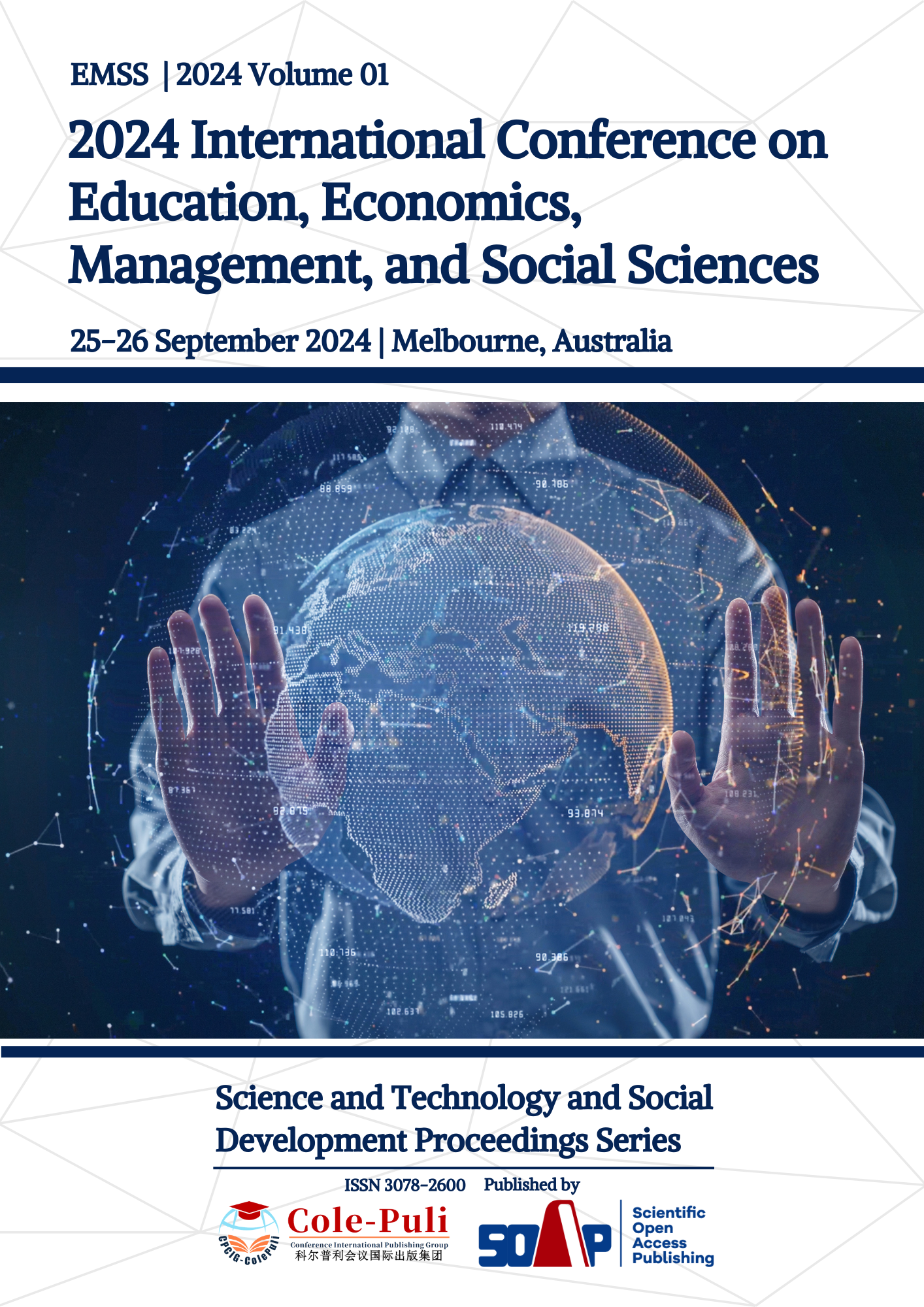Prediction of Canadian Federal Election Results Based on Multilevel Regression and Post-Stratification
DOI:
https://doi.org/10.70088/gyxfz858Keywords:
election prediction, multilevel regression, post-stratification, Canadian federal election, Liberal PartyAbstract
In democratic countries like Canada, elections provide eligible citizens (aged 18 or older) the opportunity to vote and elect their leader. Since different political parties have distinct ideologies, election outcomes have significant societal impacts, making election result predictions crucial. This study aims to predict whether the Liberal Party will maintain its victory in the 2025 Canadian federal election using a multilevel regression model combined with post-stratification. The data for this research comes from the 2021 Canadian Election Study (CES) and the General Social Survey (GSS), with the cleaned datasets including variables such as age, gender, education, and province. Through the constructed multilevel logistic regression model and post-stratification adjustments, the results show that approximately 26.63% of Canadian citizens will vote for the Liberal Party in the next Canadian federal election. This prediction aligns with the hypothesis that the Liberal Party will not win the upcoming federal election. However, some variables in the model are not statistically significant, and the data is somewhat outdated. Future research should consider incorporating more variables and updated data.











